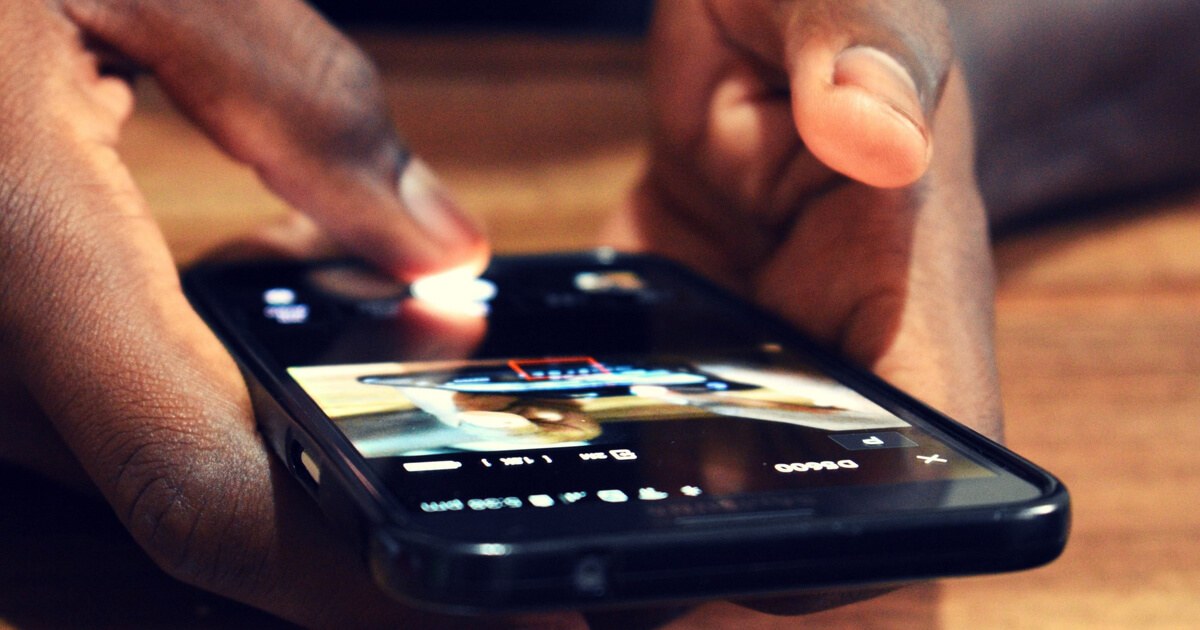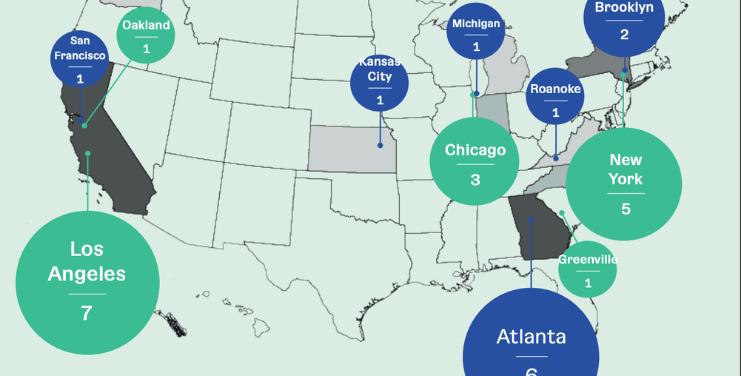In the wake of the “racial reckoning” in the U.S., women of color say little has changed in the workplace. The murder of George Floyd and the resulting focus on racial equity was not enough to sway corporations and employers to change conditions for underrepresented workers, according to a recent study by McKinsey.
Last year, more than 400 companies participated in the survey, nearly unanimously agreeing to make a commitment to increase focus on racial equity, but more than a year later, only 35 percent of women of color employees say these commitments have been honored.
The report, which looked at the state of women and women of color in corporate America, also revealed white employees do not yet understand what it means to be an ally, yet perceiving themselves as allies to underrepresented, women and minorities employees, with about eight in 10 white employees in the survey saying they were allies to women of color in the workplace.
Less than one in four white employees who considered themselves allies to women of color took a stand to confront discrimination against women of color even though they were far less likely to face retaliation for doing so. The starkest example of this is the retaliation white male employees face for speaking out against racism compared to Black women. Thirty-two percent of Black women who spoke against bias and discrimination said they faced retaliation compared to six percent of white men.
“By almost any measure, Black women are facing disproportionately high barriers in the workplace,” the report stated. “Given that they face bias on a regular basis at work, it
should come as no surprise that Black women are relatively pessimistic about their company’s commitment to diversity, equity, and inclusion.”
At the intersection of race and gender, Black women were by far the most likely group to face microaggressions, disrespect and othering at the hands of fellow coworkers. Only in one instance of receiving the brunt of disrespectful treatment at work did a group experience more than Black women.
Forty-five percent of disabled women said they faced harsher treatment than Black women in the workplace when it came to having their judgments questioned, compared to 38 percent of Black women, who experienced being interrupted or spoken over (40 percent compared to 32 percent) and having others comment on their emotional state (30 percent compared to 21 percent).
Black women were more likely to be spoken over, 32 percent compared to 28 percent of women overall, hear insults about their culture and “people like them”, (16 percent versus seven percent of women overall), and erasure of individual personhood and identity in the form of being made to feel like they were expected to speak on behalf of all people with their identity, 31 percent of Black women experienced this compared to seven percent of women overall.
Black women still carry the burden of being their own advocates and taking on the work of DEI on their own.
“Even as they navigate an incredibly difficult experience, Black women are pushing their companies to do better,” the report read. “ Black women are more likely than any other group of employees, including men of color and women of other races and ethnicities, to spend a substantial amount of time on DEI work that falls outside their formal job responsibilities.”
When asked why they persist in taking on the extra work to advocate for DEI, Black women in the survey simply noted it was because there was no one else to do the work.
“Many Black women say they do this work because they feel it wouldn’t get done otherwise—which speaks to the urgent need for employees with more privilege to show up as allies,” the report said.








